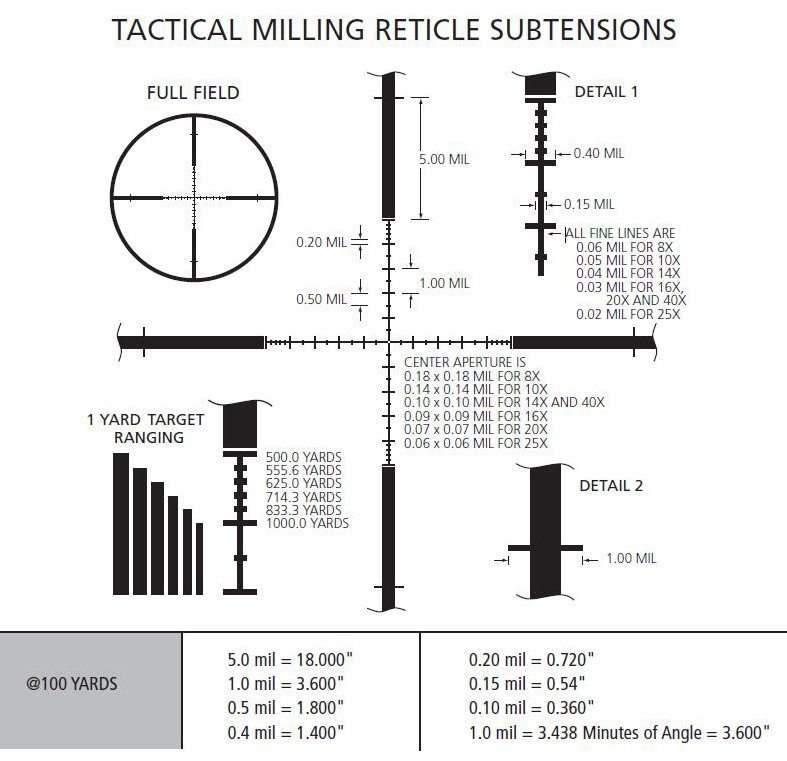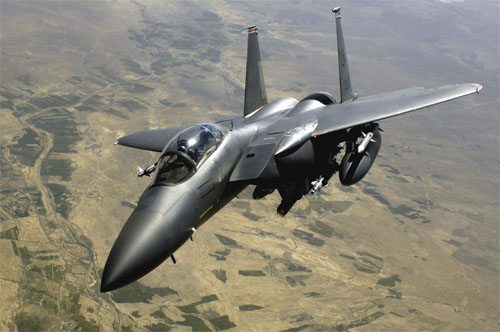United Press International,
WASHINGTON, DC: Many observers believe that Iraq is about to be engulfed in a sectarian civil war between Sunnis and Shiites. Some think that this has already begun. If this civil war does indeed occur, it will present difficult choices for the United States.
If there is to be any hope of salvaging President Bush`s plan for the democratization of Iraq, America must back the majority Shiites. This is because the victory of the minority Sunnis will necessarily result in a dictatorship since they cannot retain dominance democratically. The Shiites, though, could rule democratically if they choose to do so.
The U.S., of course, does not want a democracy which is a tyranny of the majority where minority rights are trampled on, and conflict continues. The U.S. wants a tolerant democracy, so lately it has been trying to reach out to the Sunni minority.
The problem with this, as the U.S. has discovered, is that Shiites unhappy with this can turn to Iran for support — which would prefer to see a Shiite-dominated authoritarian regime like itself in Iraq, and not a democracy there which would inspire and perhaps even support Iran`s own democratic opposition.
America, then, now finds itself in competition with Iran for influence among Iraqi Shiites. The more America does to reach out to the Sunnis, the more the Shiites are likely to turn to Iran.
America could, of course, abandon the Sunni minority and do everything it can to help the Shiites so that if they win the civil war, they will rule democratically and be pro-American, and not establish an Islamic republic and be pro-Iranian.
But if the U.S. does this, the Sunnis are likely to turn more and more to Sunni extremists such as Zarqawi.
Sunni-dominated authoritarian regimes in the Arab world may also help Iraqi Sunnis both to prevent Iranian-backed Shiites from gaining control of Iraq and threatening them, and to undercut the influence of Zarqawi and others linked to al Qaida.
To Read Full Article, Click Here









